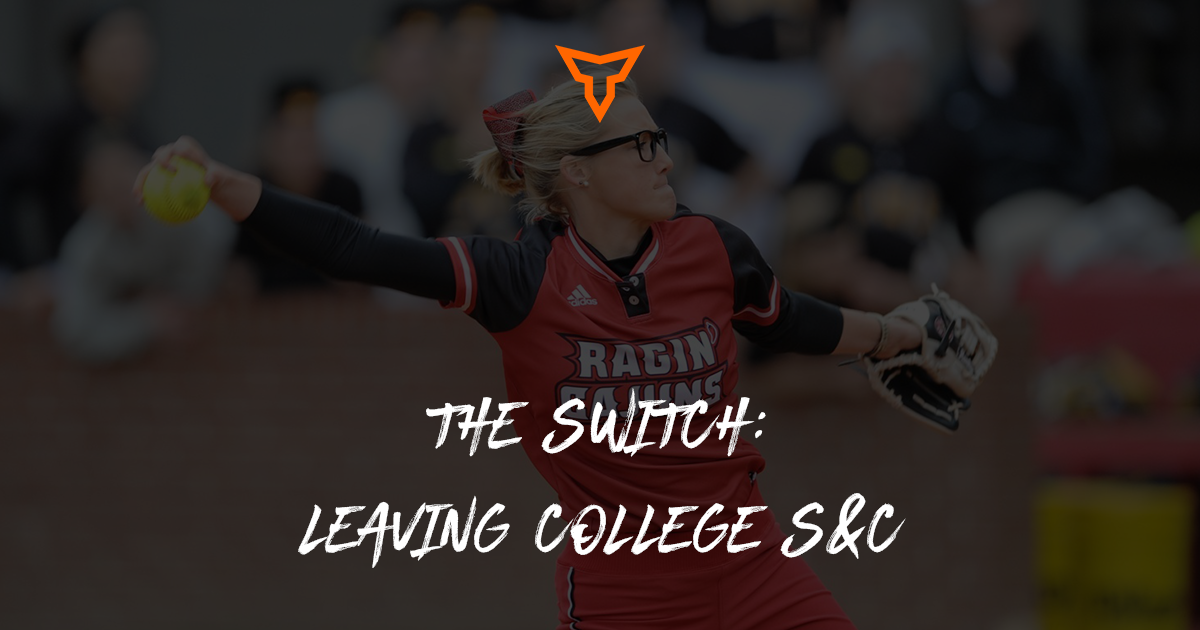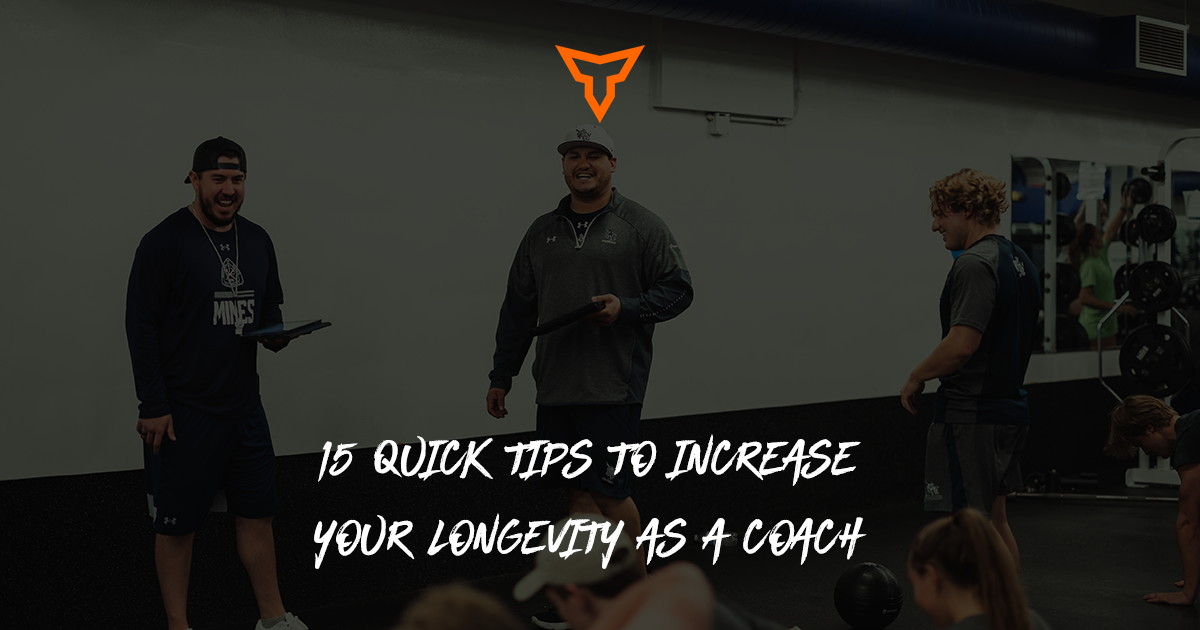Jack of All Trades, Master of None in Coaching
In my time as a strength & conditioning professional, versatility is a common theme that I see over and over again. The coach's ability to adapt, diversify, and gain/showcase multiple skills signifies a coach's impact in helping athletes reach their top performance while wearing other hats.
That is one of the many reasons that I enjoy the strength & conditioning field, there is an opportunity to learn more about several different aspects of the profession that we encounter daily - the science behind what we do, the programming and physiological adaptations we put our athletes through, the skills in coaching & approaching several different athletes, the emergence of new technology, nutrition strategies, supplementation, conditioning, the list goes on and on.
This is a profession where you are forced to know something about everything.
The Versatile Strength Coach
Strength coaches play a pivotal role in shaping athletes. We also know and, to a degree, have expertise in different aspects of this profession. To excel in these responsibilities, a strength coach must possess a diverse skill set such as the following:
1. The (Exercise) Science:
Understanding basic exercise science, including the anatomy of the body, energy systems, origin and insertion of muscles, stretch-shortening cycle, isometric and eccentric contractions, muscle types, VO2 Max, and more, is a fundamental part of our education as coaches.
Having a degree is one thing, but truly understanding and applying the knowledge from coursework is another challenge. For instance, consider the different conditioning needs of a cross-country runner and a football linebacker. Each requires a tailored training approach due to the distinct energy systems and physical demands of their respective sports.
As much as strength & conditioning is different, there is an overlap between other professions within the performance space. We must make ourselves marketable and connect with other professionals to advance our profession forward, part of that is the professional organizations we are part of and being engaged in that community.
For strength and conditioning, we have professional development groups designated to specific fields of strength & conditioning, and it helps to connect with others on social media and at conferences.
3. Nutrition, Recovery, & Supplementation:
Although this category is not directly in our scope of practice, we get questions about different aspects of these topics from time to time.
“How much protein should I be getting?”
“I think I felt something pop, what is this muscle/area?”
“My shoulder is aching, what do I need to do?”
“Is it safe to take creatine?”
Just a couple of the questions I have gotten from time to time. It is good to know how to calculate how much protein, carbohydrate, and fats, or when we need to defer to another professional. In addition, it is advantageous for us to be able to inform athletes about roughly how much of each macromolecule to eat, how much water to drink, recovery methods and modalities, and recommendations for supplementation that are given by NCAA/Anti-Doping Agency Organizations.
4. Athlete Psychology:
In this profession, we never approach coaching two athletes the same way. The approach we give for one athlete won’t work for the next one. And how we interact with them one year, will change the next. We sometimes have to be that role model that an athlete never had or be a shoulder to lean on to an athlete struggling internally.
No, these are never in the job description, but it is part of what we do, developing relationships with our athletes. Understanding what makes them tick, what motivates them, and why they respond the way they do.
5. Data Management & Technology:
Laser timers, GPS systems, software, force plates, jump mats, speed testing systems, AMS, and much more - technology has been integrated into our profession whether we like it or not as coaches.
I remember a quote from Coach Dan Mullins given at Centre College back in April of this year that said “We live in a world where strength & conditioning is measurable”.
A fantastic quote by Coach Mullins and an accurate one. Nowadays, we have so much data flowing through our rooms; Attendance, body weight, power index, vertical height, strength, power, fly times, etc.
There are so many data points that we now track either on a daily, bi-weekly, or even monthly basis to justify our program and give concrete evidence that what we do is working in our profession.
Conclusion
My journey as a strength and conditioning professional has consistently underscored the importance of versatility. The ability to adapt, diversify, and cultivate multiple skills stands as a hallmark of a coach's effectiveness in facilitating athletes' peak performance, often while fulfilling various roles. This aspect, unique to our profession, is one among many reasons why I am drawn to the field of strength and conditioning.
In essence, the strength and conditioning profession demands continuous learning and adaptability.
Subscribe to our blog
Subscribe to receive the latest blog posts to your inbox every week.
Related posts

The Switch: Leaving College Strength & Conditioning

Quick Tips to Increase Your Longevity as a Coach


